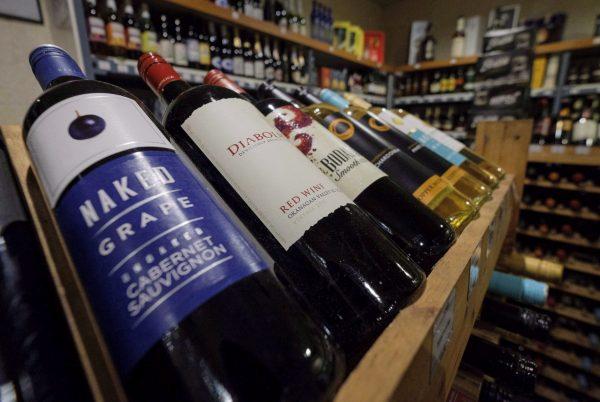The Saskatchewan government is in the final stage of shutting down provincially owned liquor stores, marking the end of an era.
The permits for the 35 stores have all been sold at public auction, bringing in just over $45 million.

The Saskatchewan government is in the final stage of shutting down provincially owned liquor stores, marking the end of an era.
The permits for the 35 stores have all been sold at public auction, bringing in just over $45 million.